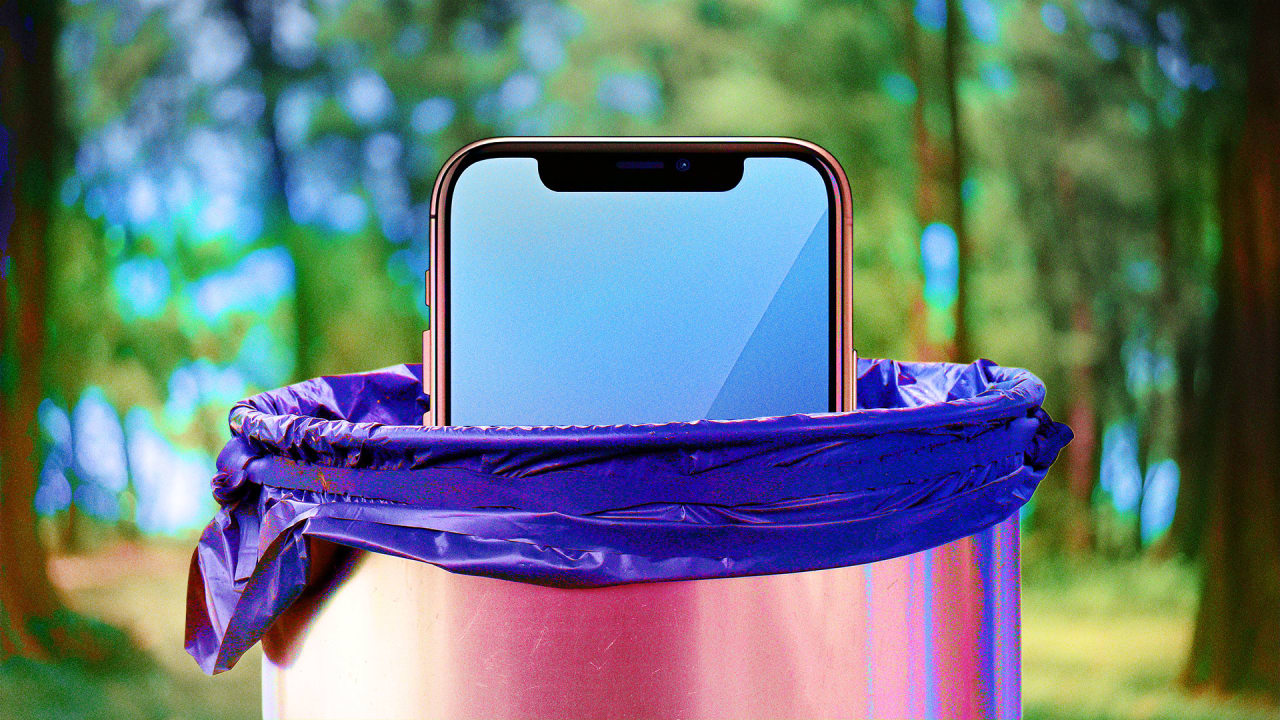An (Almost) Foolproof to Getting Your Security Deposit Back After You Move
Moving to a new place is just one of your concerns. The old place still needs some attention.

If you're preparing for a move, you have a lot to think about and most of it revolves, in some way, around your new place: Finding it, buying or leasing it, and moving all your stuff to it in a way that is fast, efficient, and as inexpensive as possible. There's a lot on your plate and I get that, but you also need to spare a thought or two for the spot you're vacating, especially if you rent. Remember that security deposit you put down when you moved in? You want that back—and your landlord doesn't want to give it to you. Here's how to get it back, or at least try.
What is the landlord looking for?
First, think like a landlord or building manager. After all your stuff is boxed up and you're standing in the ghostly echo chamber that was once your home, take a look around and pay attention for the little issues the landlord might spot when they do their walk-through. Marshall Aikman, owner of Amazing Moves Moving and Storage in Denver, CO, says landlords can hold back deposits over anything from furniture marks on the wall to nail holes to dirty fixtures. After all, cleaning is labor, too, and the management company will need to pay someone to do it, which is what they're going to use the deposit money for. Better to do it yourself.
Start with cleaning
Aikman says the easiest thing to do is clean everything before you leave. The good news is that once all your stuff is boxed up or gone, you'll see pretty clearly what needs to be cleaned and you won't have any obstacles to deal with, like shelving units. The same heavy furniture that once prevented you from doing a thorough cleaning will be gone. Make the most of it.
Shannon Beller, CEO and co-founder of Wall-Russ, says that it's pretty common for movers to overlook cleaning appliances, bathrooms, and floors. Remember you're not only mopping and cleaning scuffs off the wall, but should be cleaning the toilet, fridge, sinks, and other appliances and fixtures. It's annoying and will take some time—plus feel almost insulting to clean a space you won't be enjoying anymore—but it can save you money.
It might even be worth it to consider a professional cleaning company, says Shanaiqua D'Sa, content marketing lead at Attic Self Storage. Call a few cleaning companies and get written price quotes, then compare the cost to the amount of your security deposit. If the cost of having it cleaned is significantly lower and if you're feeling overwhelmed by all you have to do, outsourcing could be an economical and time-saving option.
Address minor damages
Beller says that renters tend to overlook small damages and focus on bigger ones, but those small ones add up. One or two nail holes aren't a huge deal, sure, but if you have them in every single wall, your landlord might start to object.
Charles Chica, co-owner of CT Best Movers, agrees that renters often forget to patch those small holes and fix those minor damages. As a general rule, fix even the most minor issues. You don't want to give the building company any reason to withhold even a cent of that deposit. Scuffs, holes, peeling plaster, scratches, loose screws—one trip to the hardware store can help you a lot here.
In my experience, fixing up the old place also helps prepare you to get to work in the new one. For me, doing a little manual labor gets me back into the groove of working with my hands so when I arrive at my new home, I feel readier to get my hands dirty there. It's unfortunate but true that every time I've moved, I've left my old place perfect and moved into a spot that is, inexplicably, a little dirty and/or malfunctioning. That's the nature of renting in a big city! The prior renters probably didn't get their security deposit back, which became my problem. Always be prepared for something like that. You can certainly fight with the rental company and demand someone come in and clean it, but after all the stress of moving, I've always found I don't have the energy to kick off my time in a new place by aggravating my new landlord.
Be smart during the actual move
Addressing the mess and damage left from your existence in the space is one thing. Avoiding further damage when you leave is another. If you're moving your furniture and boxes out on your own, do not bang them into the wall or allow them to hit door frames. And whatever you do, don't drag.
"Dragging furniture out without proper protection can damage door frames or walls. Use blankets, sliders or even flattened cardboard to protect surfaces on your way out," says Jordan Sakala of laborhutt.com. "Little details can save a lot."
This was a point touched on by a number of pros I talked to, actually. Aikman and Chica also took care to mention that movers frequently overlook how much damage they can cause by moving larger pieces of furniture, especially. Chia says renters are prone to underestimating how tight corners or staircases are, too. Take some measurements of your furniture as well as the path you're going to take it through before you start. When in doubt, it might be time to call professional movers—but make sure you communicate clearly with them about the importance of not causing any damage.
Use a few supplies to make this easier. Painter's tape can be affixed to walls and door frames to protect against scratches, for instance, and it peels of easily when you're finished. Matt Graber, co-owner of Cool Hand Movers in Brooklyn, says you should wrap all your furniture in blankets, which not only protects the walls and doorways as you move it, but protects the furniture itself in transit.
Document the space on your way out
When the cleaning and fixing-up are finished, take a lot of photos and videos. Once again, this tip was highlighted by a few different pros. Aikman, Beller, and D'sa all brought it up, pointing out that in the event the landlord tries to dispute giving you back your deposit, you want evidence that shows that you left the place damage-free and clean.
Taking pictures and videos can also help you spot any last-minute issues you need to fix. When I need to clean or declutter, I sometimes take a picture of my space instead of trying to assess it visually. I'm just used to how my rooms look in real life, so seeing them more impersonally through a photo helps me recognize what's out of place, what is taking up too much space, and what needs some attention a little better. While you're taking pictures and videos, look at them like the landlord might and pay attention for anything that looks off.









































































































![Building A Digital PR Strategy: 10 Essential Steps for Beginners [With Examples]](https://buzzsumo.com/wp-content/uploads/2023/09/Building-A-Digital-PR-Strategy-10-Essential-Steps-for-Beginners-With-Examples-bblog-masthead.jpg)



















































